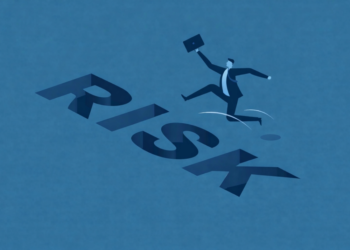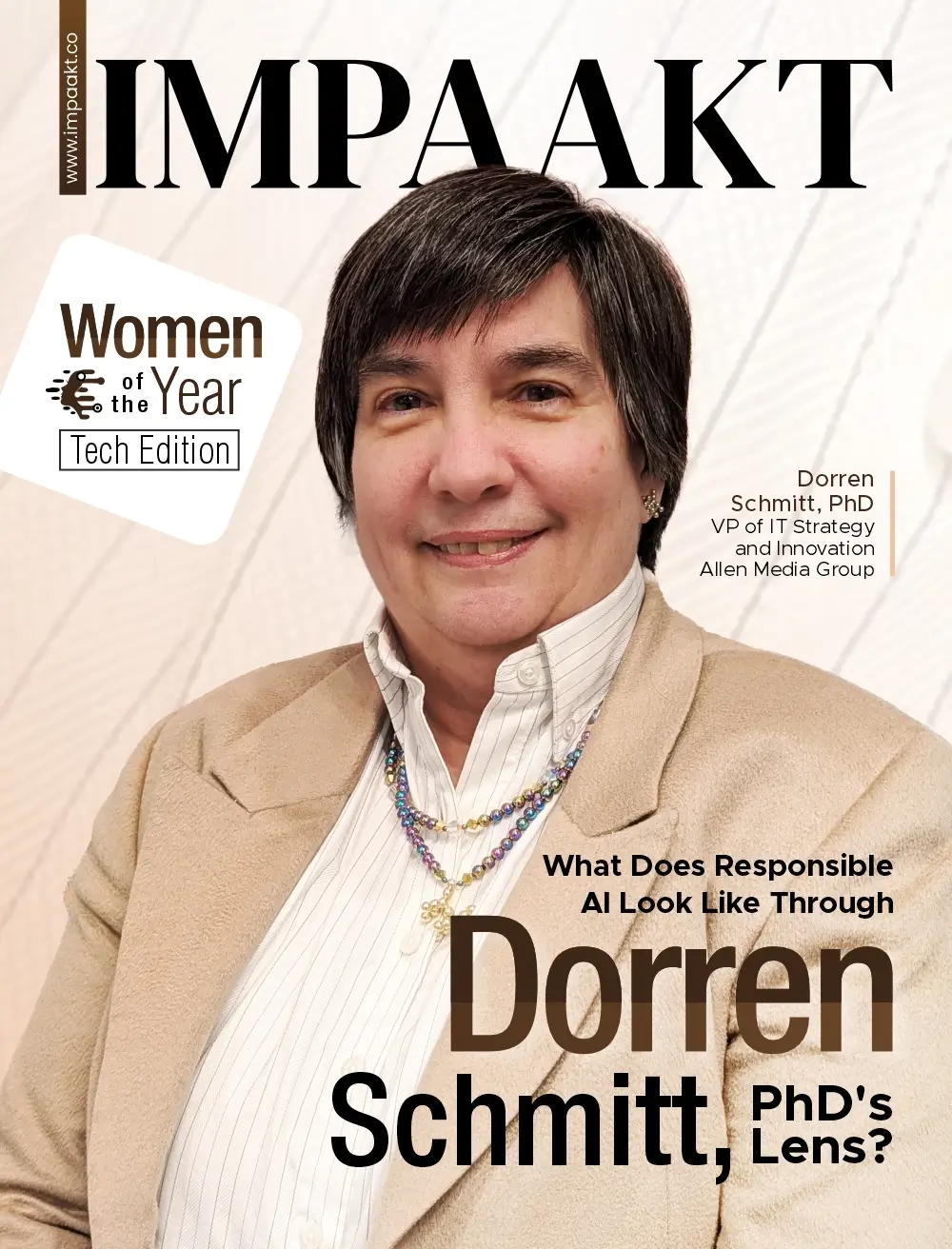Did you know that according to the WHO nearly one billion individuals were affected by mental disorders in 2023?
Anxiety and depressive disorders, in particular, stand as the most prevalent among these conditions. Despite our evolving understanding and treatment options, stigma remains a formidable barrier to care and recovery for those grappling with severe mental illness.
Stigma, a social phenomenon characterized by negative attitudes, beliefs, and stereotypes, exacts a toll not only on individuals but also on communities and societies at large. It fosters discrimination, perpetuates social exclusion, and fosters internalized shame, all of which significantly impedes mental health outcomes.
In our pursuit to combat stigma and shine a light on the transformative work being done in the field of mental health, we present “The Most Influential Mental Health Leaders of 2024.” This edition aims to celebrate the tireless efforts of individuals who have dedicated their lives to fostering understanding, compassion, and support for those navigating the complexities of mental illness.
Among the featured leaders, Alexander McLeod emerges as a stalwart advocate for marginalized and underserved populations. With over a decade of experience as a psychotherapist at Eden Therapy Center, McLeod emphasizes the importance of meeting patients where they are, acknowledging the richness and complexity of their lived experiences beyond clinical labels.
Sigmar Berg, founder of the Lovetuner Foundation, offers a unique approach to mental well-being through innovative products like the Lovetuner necklace. By harnessing the power of frequency and mindfulness, Berg empowers individuals to explore their inner landscapes and cultivate personal growth and transformation.
Dr. Russell Kennedy, renowned as The Anxiety MD, challenges conventional methods of treating anxiety by emphasizing the interconnectedness of body, mind, and spirit. Through his holistic approach, Dr. Kennedy seeks to address the root causes of anxiety, guiding patients toward lasting healing and resilience.
Meanwhile, experts like Divija Bhasin, founder of The Friendly Couch, are spearheading efforts to destigmatize mental health through digital platforms and social media. By leveraging her influence as a counseling psychologist, Bhasin fosters genuine support and community engagement, redefining the narrative surrounding mental wellness in the digital age.
As we reflect on the contributions of these visionary leaders, we recognize the importance of returning to basics in our approach to workplace mental health. By prioritizing company culture and the needs of workers, employers can build and sustain mentally healthy environments where individuals can thrive.
In closing, “The Most Influential Mental Health Leaders of 2024” serves as a testament to the power of compassion, innovation, and collective action in the journey toward mental health equity. Let us continue to challenge stigma, amplify voices, and champion initiatives that prioritize the well-being of all.
Together, we can create a world where mental health is not only prioritized but celebrated as a fundamental component of human flourishing.
Have a happy read!











